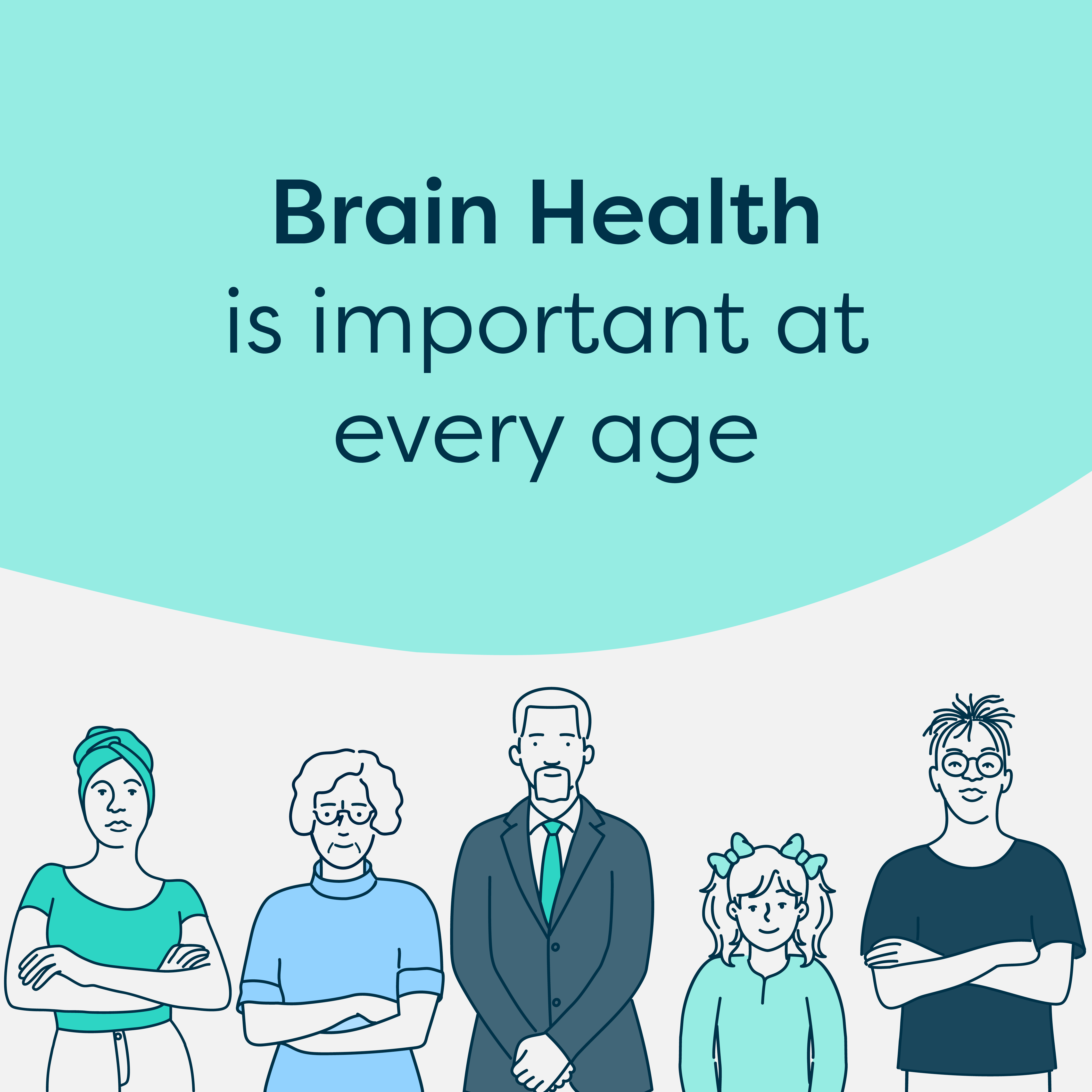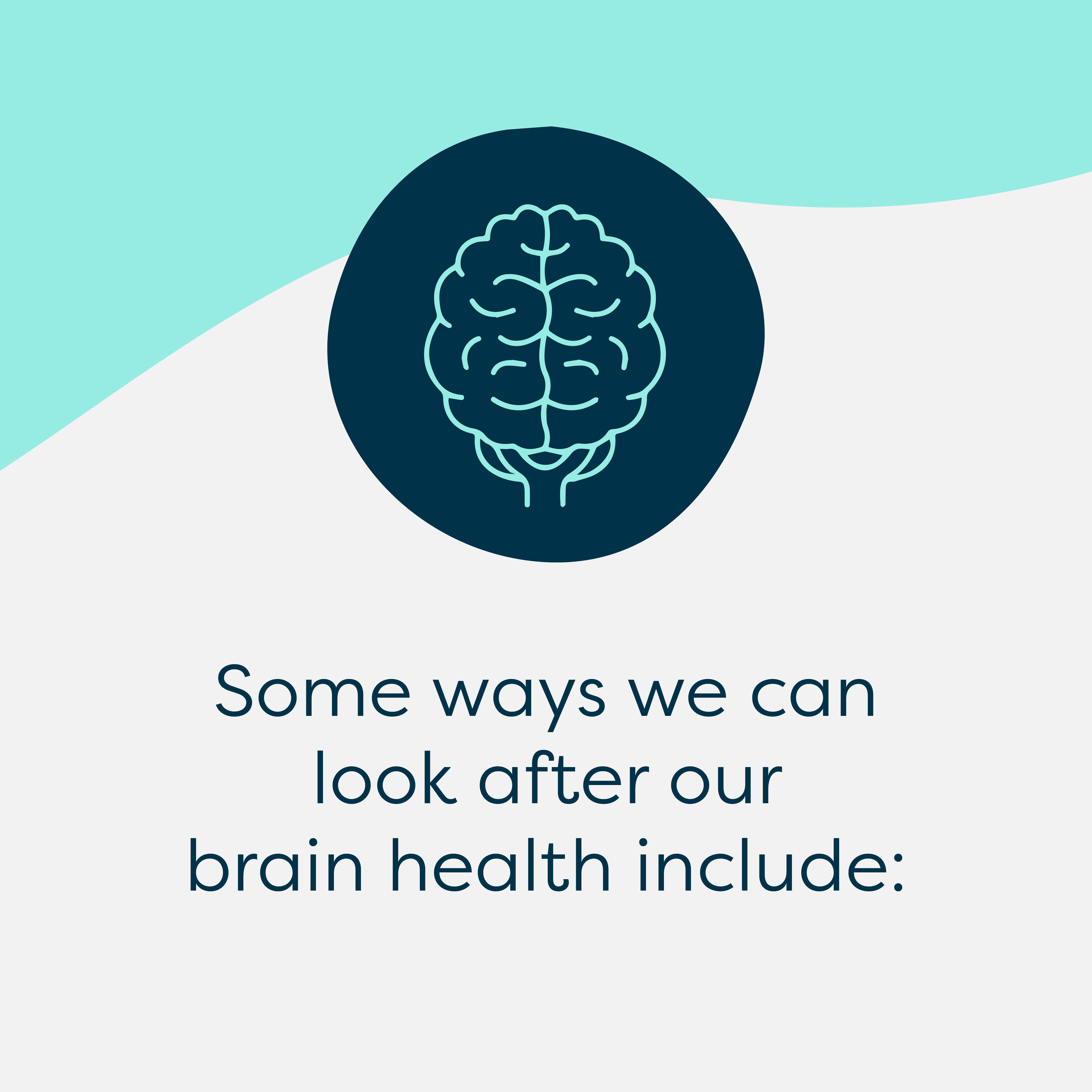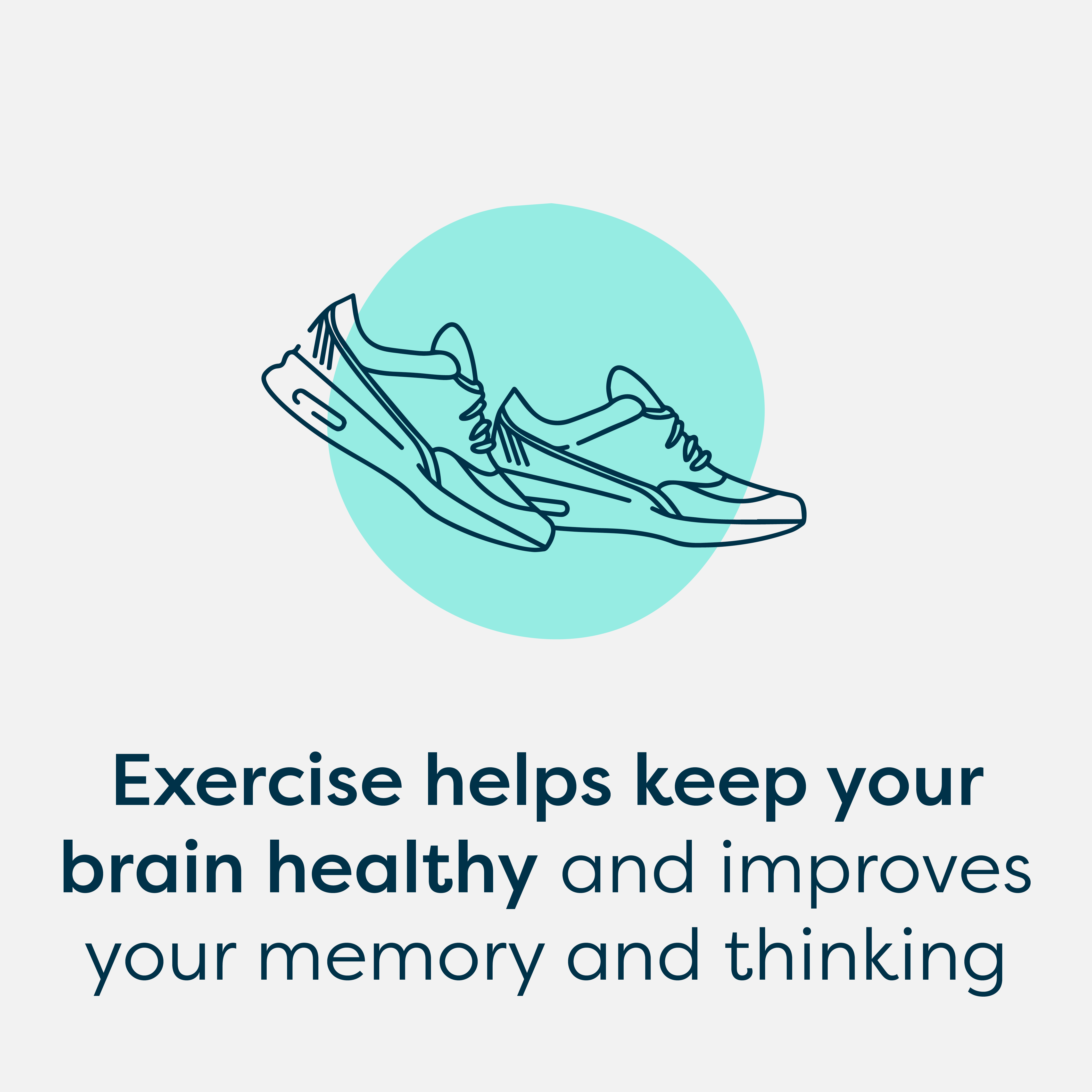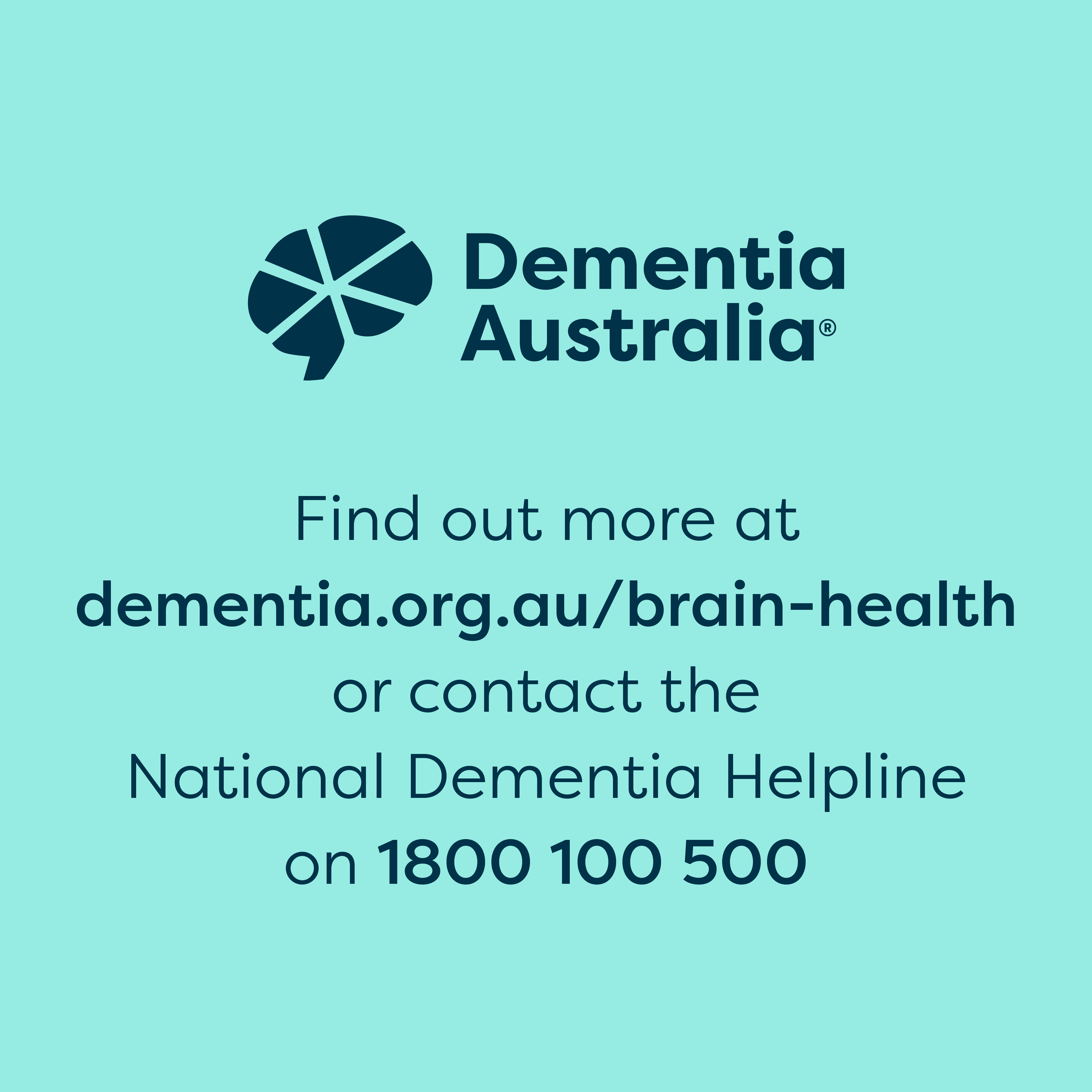Dementia advocacy and the 48th federal Parliament
Here’s how you can help advocate for dementia and brain health with the 48th parliament.

How to advocate for dementia to the Australian government
With the 48th Parliament elected in May 2025, Dementia Australia is issuing a stark warning: Australians impacted by dementia cannot wait. Dementia is now the leading cause of death and is the public health, disability and aged care challenge facing Australians. It must be top of the agenda for all political parties and independents and Dementia Australia is calling on them to commit to immediate action.
You too can help to advocate for improved support and services for Australians of all ages who are impacted by dementia and to raise national understanding of dementia by supporting Dementia Australia’s call for a national discussion on brain health.
Dementia Australia is asking for your help to share your experiences of living with and/or being a family member or carer of a person living with dementia with MPs and senators. Real stories are powerful in educating politicians and helping them to understand the impact of dementia and of the stigma and discrimination experienced by people living with dementia.
The information and tools on this page will equip you to kick-start this conversation with your local member.
Interviews with The Hon Mark Butler, Minister for Health and Ageing and the Hon Senator Anne Ruston, Shadow Minister for Health and Aged Care
Local information is appreciated by politicians and you can find information about the number of people living with dementia in your federal electorate in our document on dementia prevalence in 2026 and beyond.
An issue for all Australians
Dementia impacts Australians of all ages including children, younger and older adults. It is a progressive brain condition and there is currently no cure. Dementia is not only an aged care issue. We need to consider how we reduce the risk of developing dementia across our lives by maintaining our brain health as well as ensuring people impacted by dementia are able to access the supports and services that enable them to live well.
With dementia now the leading cause of death for all Australians, it must become a priority for the 48th Parliament. People with dementia wait longer in hospitals to get access to residential aged care than someone who doesn't have dementia. Some people living with dementia may be turned away from residential aged care facilities if they have complex behaviours, and these people may stay in hospital longer than necessary. The length of stay in hospital is five times longer than for someone without dementia.
The situation is critical with our hospitals, acute care and aged care systems increasingly unable to meet the growing demand. Without significant intervention the number of Australians who will be living with dementia is set to double in the next 30 years. It is clear that we need to act now to increase services and supports and to address dementia risk factors into the future.
We cannot change getting older, genetics or family history, however scientific research shows that looking after our brain health can make a big difference to reducing or delaying the risk of developing dementia. We must ensure we take all steps possible to promote good brain health throughout our lives in order to reduce the risk of dementia in the future.
Dementia Australia’s research clearly shows that there has been a sustained and profoundly concerning lack of awareness and understanding about dementia in the community – with many Australians mistakenly believing dementia is a normal part of ageing.
The lack of knowledge and understanding has substantial negative impacts on people living with dementia, their families and carers. Low awareness contributes to discrimination, stigma and isolation. Poor understanding creates barriers to timely diagnosis and to accessing ongoing medical and social care.
Make dementia the federal government’s priority
Dementia Australia is calling on the federal government to:
- launch a national conversation on dementia to raise awareness of the condition and to promote brain health at all ages
- establish a team of dementia specialist care coordinators within Dementia Australia to deliver nationally consistent support and navigation to people of all ages living with dementia, their families and carers
- build the capability of the workforce to provide care and support for people living with dementia.
Help us to call on the federal government to make these changes.
Make sure you are enrolled to vote
You can check if you are enrolled on the Australian Electoral Commission (AEC) website.
We also have a guide to ways you can be supported to participate in elections if you live with dementia:
You can also download this flyer to print or send to your local federal member or senator to advocate for dementia and brain health.
Follow up with Dementia Australia
Thank you for taking action and calling on your federal member of parliament or senator to address the needs of those living with and affected by dementia.
After you have made contact with them please do not hesitate to contact us at DementiaAustraliamedia@dementia.org.au. Let us know how your conversation went and if you would like any further guidance.






